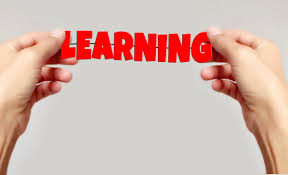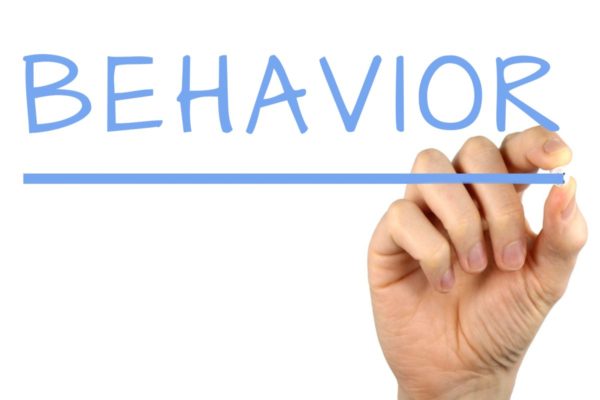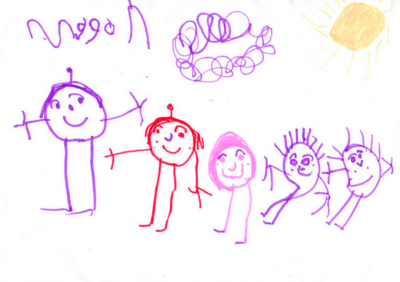The Washington State Department of Health issued guidelines for the 2021-2022 school year in regard to how schools may best mitigate the spread of COVID-19 in their facilities. This document seems to put a tidy bow on the layered measures school can and should take to ensure student health. And yet, the bow is quickly unraveling through no fault of anyone.
The state has worked hard to help reduce the number of absences students incur due to COVID-19. This makes sense as absences rates correlate greatly with student success. There are no longer such stringent requirements regarding actions surrounding “close-contacts” and healthy students are able to return more quickly to school if they test negative for COVID-19 during an imposed quarantine time. Many schools are even taking advantage of the Learn to Return program offered that allows for schools themselves to do COVID-19 testing onsite. All of this may have worked beautifully if the Delta variant had not hit and changed the playing field.
Continue reading





 On May 9th, Governor Inslee signed a
On May 9th, Governor Inslee signed a  Last month I wrote about the history of character education in American schools and drilled down to the character traits and values the
Last month I wrote about the history of character education in American schools and drilled down to the character traits and values the  It takes a little knowledge to dig a little deeper sometimes. This month, I am hitting the knowledge. Next month – I am digging a little deeper. What am I talking about? Character education! Let’s first get a little history…
It takes a little knowledge to dig a little deeper sometimes. This month, I am hitting the knowledge. Next month – I am digging a little deeper. What am I talking about? Character education! Let’s first get a little history…